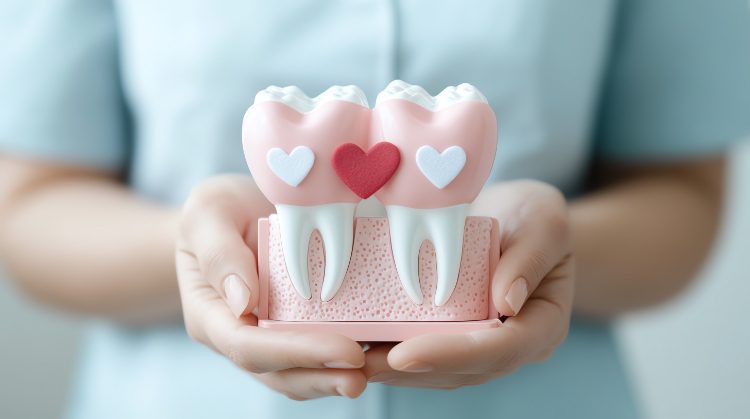
For anyone who wants to take extra precautions to protect their smile, sealants can provide the protection boost your enamel needs!
What Is a Sealant?
A sealant is a protective seal, made of plastic, that goes over your teeth to prevent them from getting cavities and other infections. According to the Centers for Disease Control, cavities are up to 80 percent preventable when a sealant is applied. With a solid application of sealant, you can protect all the nooks and crannies in your teeth for up to nine years.
Should I Get a Sealant?
If you really want to make sure that your teeth are well protected, a sealant might be the way to go. Sealants work best when nothing is consumed that can pull away the protective layer over your teeth. This means once you have sealants, you’ll want to avoid gum, hard candies or foods, or anything that is likely to stick and pull at the protective sealant on your teeth.
How Are Sealants Applied?
First, your dentist will survey the tooth receiving the sealant, making sure the surface is clean and ready for the plastic coating. If needed, your tooth will receive a thorough cleaning. Next, a solution to “roughen up” your tooth’s surface will be applied, making it easier for the sealant to stick to your teeth.
Your mouth will also be dried out by either cotton swabs or suction, in order to prep the area to receive the sealant. If the area surrounding the tooth is not dried enough, the sealant will not adhere to the tooth, causing potential issues in the process.
Once the area is dried, a primer and bond will be applied to the surface. Once it is on the tooth, your dentist should make sure that none of the sealant material got in between the teeth; he or she will do this by flossing. You should receive multiple flossings in order to make sure none of the solution seeped between your teeth.
Your dentist should also ask you to bite, checking to see that chewing won’t directly impact the protective sealant.
How to Make Sealants Last
Sealants are effective, but only if you maintain them to make sure they last. Sealants must be maintained properly by going to your routine checkup visits. You should also ditch the habit of snacking in between meals. Keeping the acids that work to break down food in your mouth from demineralizing your teeth will help keep the sealant intact.
Can I Get A Sealant If I Already Have a Cavity?
Sealants are not for those already suffering from cavities. Check with your dentist first, and ask if a sealant is best for your oral health.
If you want to give your teeth a protection boost on top of using fluoride solutions, flossing and brushing, a sealant might be the shield your teeth need.
Interested in getting sealants to protect your teeth? Call 425-366-8246 to schedule an appointment today!



